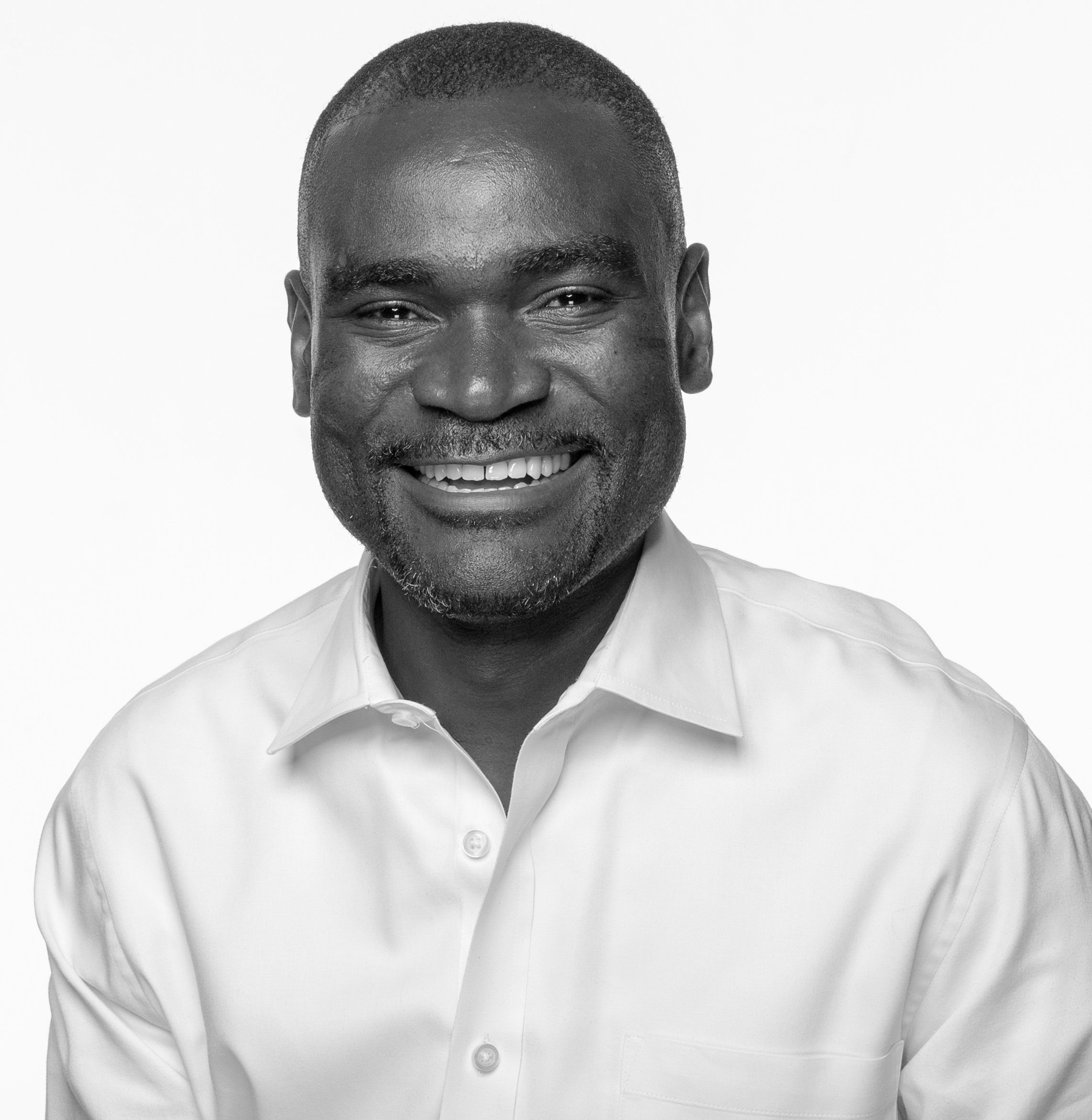By E. Munshya, LLM, MBA, MDIV.
Change must come to the Law Association of Zambia (LAZ). LAZ in its current form lacks the institutional strength needed to serve Zambians. However, the debates about the future of the Association seems to be so polarised that it is sometimes confusing to tell what exactly is going on. The genuine calls for the reformation and reorganization of the Law Association of Zambia seems now to have been hijacked by supporters of the ruling Patriotic Front such that it becomes difficult to distinguish between reforms that are needed to enhance the profession and reforms being advocated by the ruling party to control the legal profession. I doubt whether the PF cadres mean well about the future of LAZ. It appears to me the ruling PF and its cadres are not interested in a reformed LAZ that serves the needs of Zambians, but are much more interested in a LAZ that is more amiable to the desires of the ruling party politicians. To make it very clear, those of us who are asking for the reformation of the Association are doing so on very different grounds than the ruling party cadres. We will be doing a great disservice to this debate if we lumped those advocating for change into one political mould.
My proposals are as follows. Currently, the Law Association of Zambia primarily derives its existence from three sources:
- It derives its power from the Legal Practitioners Act (LPA), an act that explains the regulation of lawyers in Zambia.
- LAZ derives its powers from the Law Association of Zambia Act, which explains the objects of LAZ and how it is to be managed.
- The common law and tradition inherited from the British.
Curiously, both the LPA and LAZ Act combine two elements into one entity: regulation and fraternity. LAZ serves as the regulator of lawyers called to the Zambian bar, and it is also a fraternal association for lawyers and other allied individuals. It is this character of the Law Association that is problematic right from the start. My proposal is to de-link regulation from fraternity so that LAZ the regulator becomes distinct from LAZ the fraternal association. My proposal has got nothing to do with the current direction of the LAZ council or its leader, and has everything to do with maintaining a regulator whose sole purpose will be to train, admit, and licence lawyers for the national good while leaving the advocacy and fraternal goals to a different association.

LAZ already has the infrastructure for change. For example, several LAZ committees which carry out the regulatory function can very easily be delinked from the main association and together form the regulatory body for lawyers. This committee includes the Legal Practitioners Committee and the Disciplinary Committee. To that we can add the educational committee, by whatever name called. This new body, we can for example, call the Law Society of Zambia (LSZ) would be tasked with education, training, admission to the bar and discipline of Zambian legal practitioners. The LSA can also be given the mandate to licence other allied professionals such as paralegals. The Law Association of Zambia (LAZ) can then continue as an association of free minded lawyers sharing information and participating in democratic advocacy and governance by intervening in noble causes such as the Oasis Forum or the Grand Coalition.
The LSZ as a regulator will not be making running commentary on politics. Its role will be to licence lawyers and ensure that lawyers respect the rule of law and serve the public interest. The role of advocacy and political commentary can be left to an association. The LSA will be self-governing. That is, it will maintain the common-law tradition of a legal profession that regulates itself without political interference. The LSA can also become an independent arbiter for disputes that must deal with the profession.
How then can we achieve these reforms?
- My proposal is that parliament is the right place to start. There must be political will to amend both the LPA and LAZ Act. However, in making such statutory changes, parliament and the executive must consult with lawyers.
- Lawyers must know that it is in their best interest to have a regulator that is not soiled by political advocacy. While there is nothing wrong with political advocacy, there is everything wrong if a regulator gets involved in political advocacy.
You do not need a regulator arguing in court about how electoral petitions must be handled! Leave that to lawyers and the courts or to an association of like-minded people and leave the regulator out of political squabbles, even if the squabbles have to do with the law.
Some citizens have gone to court to seek help from the courts to heal the Law Association of Zambia. With due respect to those citizens who have done so, I doubt if the courts of law are the right fora to resolve such problems. Courts cannot heal that which must be cured by legislative action. If the current Justice Minister can do anything to enhance the legal profession in Zambia, he should consider pushing in reform that delinks regulation from fraternity in the way the legal profession is regulated under both the LAZ Act and the LPA. This debate must continue and I hope to continue contributing to it in the coming weeks and months.



Leave a Reply